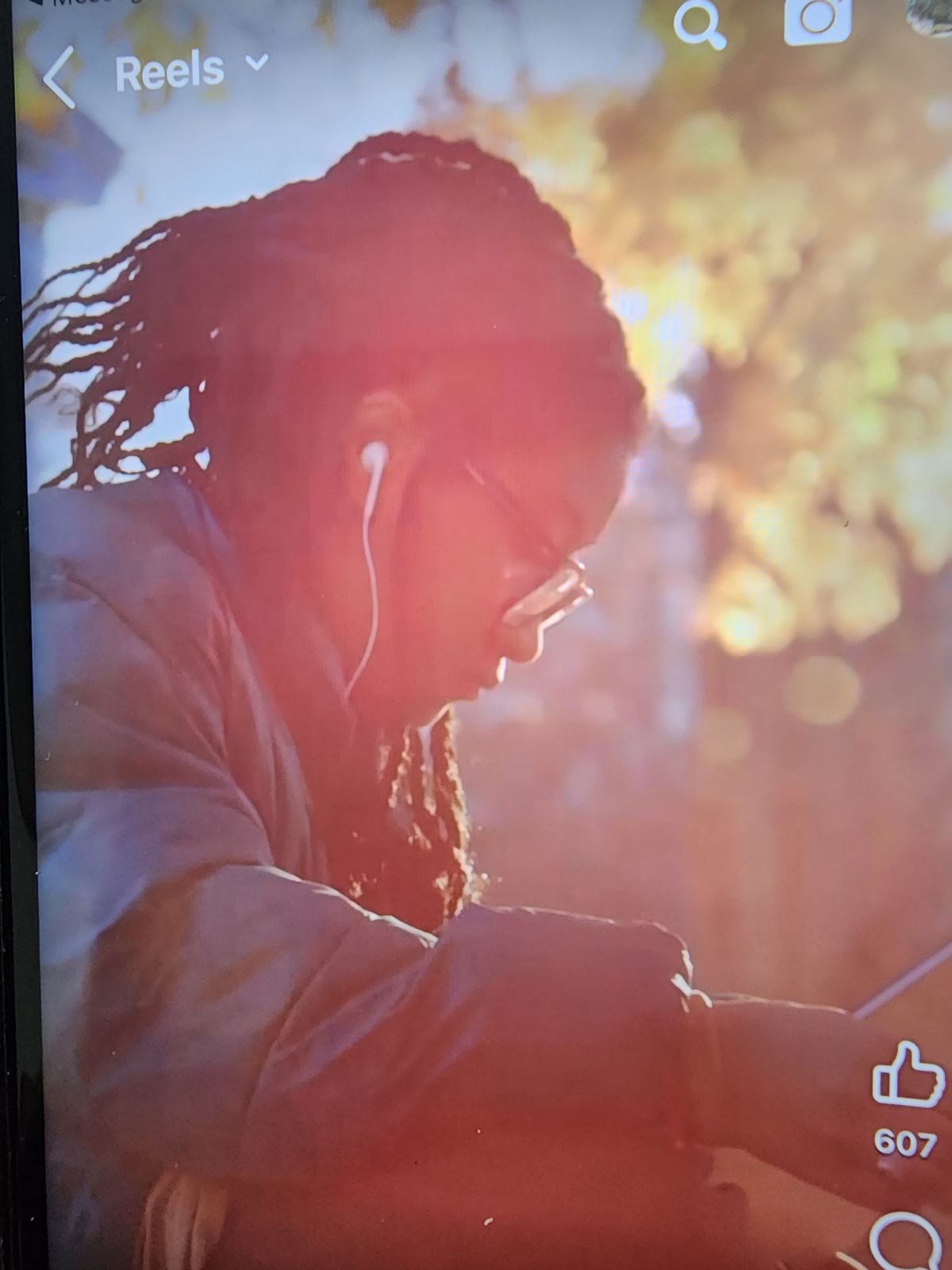Entering Princeton, I assumed that I would work nonstop, 24/7. After all, who has time for going to events, relaxing, and making plans with friends when every week there's so much homework? At least it felt that way.
So I would hyperfocus for countless hours, losing track of time making detailed notes for my reading intensive classes (while at the same time forgetting to eat, do my laundry, etc). It was oddly satisfying to pull up my computer taskbar to see the new time, after spending several hours working and not checking it. After all, I struggle with time blindness as a neurodivergent person. This makes it difficult for me to know how long certain tasks will take.

But if I took breaks to eat, relax, sleep, or write, I felt guilty for wasting time. I would even cancel plans with friends to get ahead on homework, which made me feel even guiltier. I knew this year that I needed to make a conscious effort to improve my work life balance.
Now I know what you're probably thinking: Avery, why not use Google Calendar like everyone else? I have tried time blocking with Google Calendar. The only problem? I like to take my time with my work, and time constraints make me feel rushed. Besides, I want the freedom to move my schedule around depending on what comes up.
Enter Google Timer. I originally treated it like the Pomodoro method, while studying for my Spanish tests. The Pomodoro method involves completing as much work as you can in 4 twenty-five minute increments. After the first three sessions, you take a break for five minutes. After the last session, you take a break for fifteen to thirty minutes.
I recommend experimenting with different time-frames to see which one works best for you. Dividing my work sessions into two or three 90 minute sessions is my go to when reading. I can concentrate on getting as much of an article/book chapter annotated as possible uninterrupted. My breaks last twenty five minutes. Sometimes I'll respond to my friends’ text messages or view Instagram posts. There are other times where I will write more words towards my various writing projects, or watch some of my favorite YouTube videos.
However, my non-negotiable with Google Timer is that it always has to be open in a separate window. If I had it in the same window as my work, I would stress about the remaining time. Instead I am able to I forget that it’s there and find great focus. This way, I still have the oddly satisfying feeling of seeing the time after I spent several hours working and not checking it.
Initially when I came to Princeton, I thought I would be able to transfer many of the time management skills (or lack thereof) I had in high school -- that is, working long hours on schoolwork without taking breaks, then staying up late engaging with some of my hobbies to make up for lost time. But I can proudly say gone are the days of imbalance and “I don’t have the time for self care.” Google Timer has vastly improved my mental health, because I am actually making time to take care of myself while still getting my school work done via controlled periods of hyperfocus throughout my busy days. Although it may seem like the work never ends, Google Timer may be beneficial in helping you balance academics (which should always come first) along with student organizations, friends, phone calls with family back home, and other meaningful aspects of the college experience.
-----
The residential college office staff and the McGraw Center for Teaching and Learning are great resources for academic and student life support!






